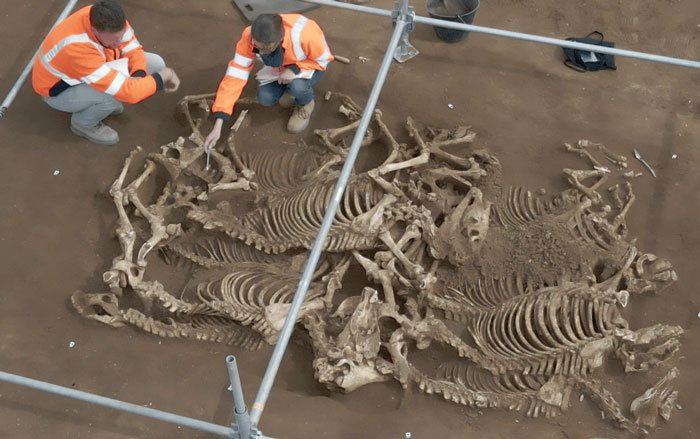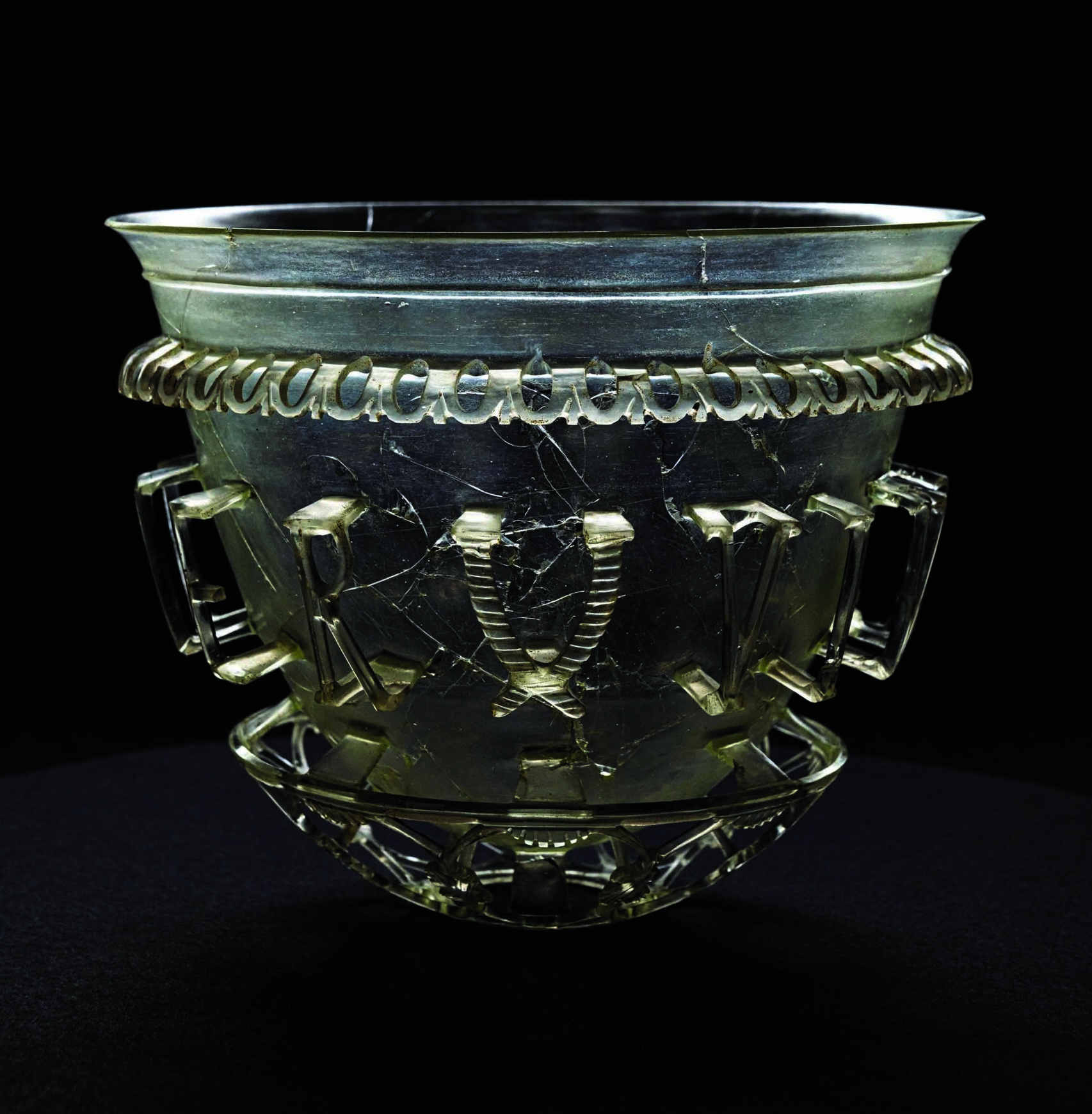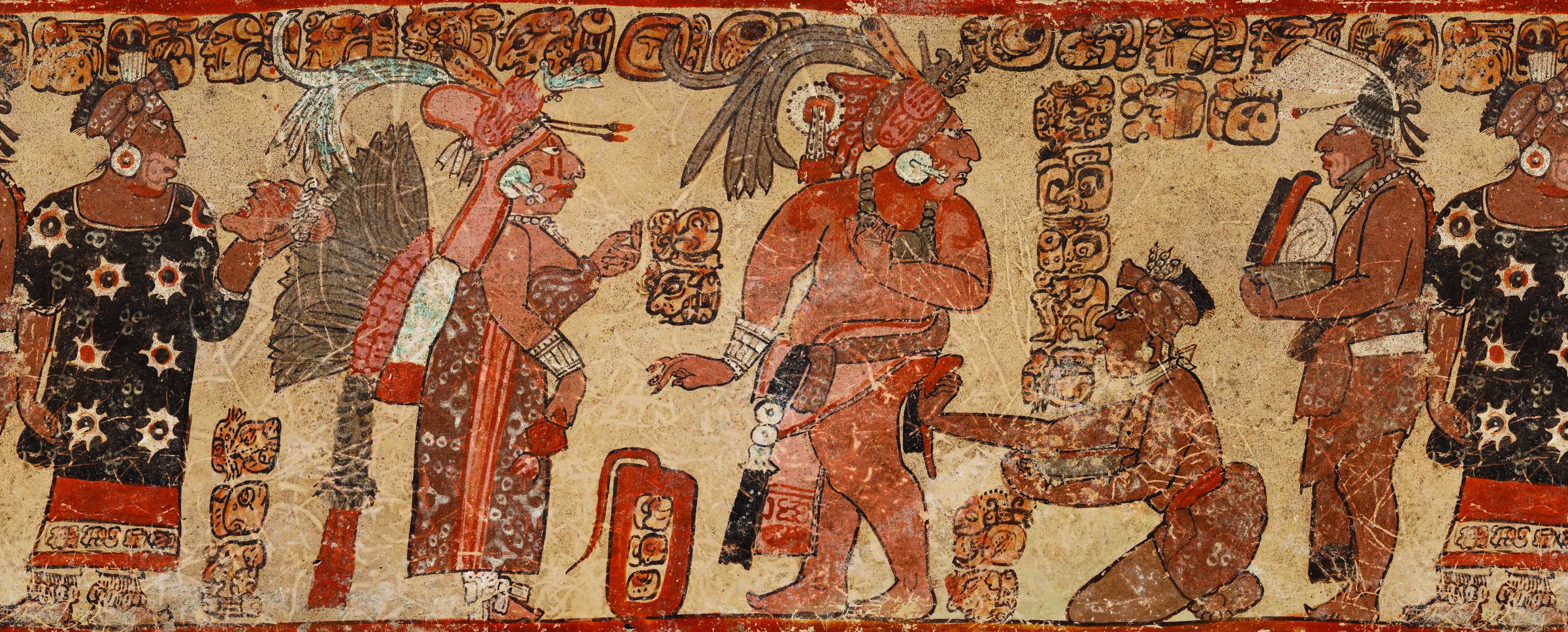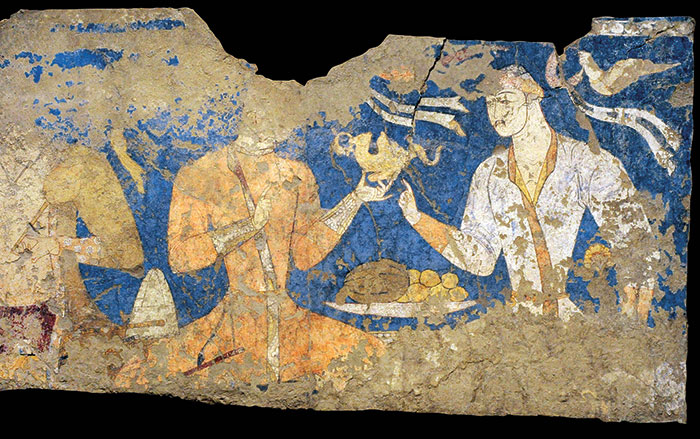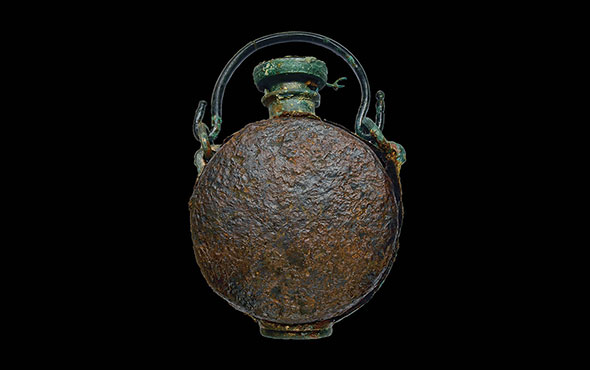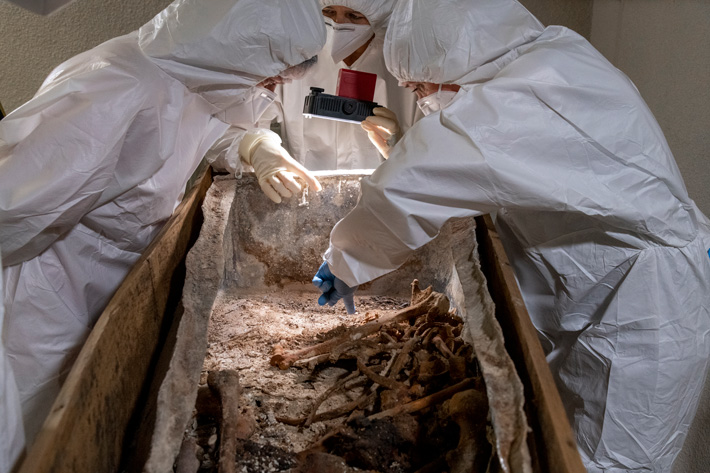
BORDEAUX, FRANCE—The AFP reports that researchers are examining human remains recovered from a tomb discovered in late 2019 in the basement of the Aquitaine Museum, which is located in southwestern France. In the sixteenth century, the building housed a convent where the remains of philosopher Michel de Montaigne, who served as mayor of Bordeaux from 1581 to 1585, may have come to rest after his body was moved several times following his death in 1592. Archaeoanthropologist Helene Reveillas said the well-preserved skeleton, which was recovered from a lead coffin found within a wooden coffin inscribed with the word “Montaigne,” belonged to an adult who may have been male. “We have elements which do not go against the idea that this is de Montaigne. But we also have nothing which allows us to affirm it with certainty,” she explained. Montaigne is known to have suffered from kidney stones, and his heart was removed from his body at the request of his widow. The research team will now look for such evidence when studying the tissue, pollen, and insects found in the coffin, and radiocarbon date the remains, Reveillas added. To read about a cache of silver coins discovered beneath the floor of a late fifteenth- or early sixteenth-century house in France, go to "A Catalog of Princes."




